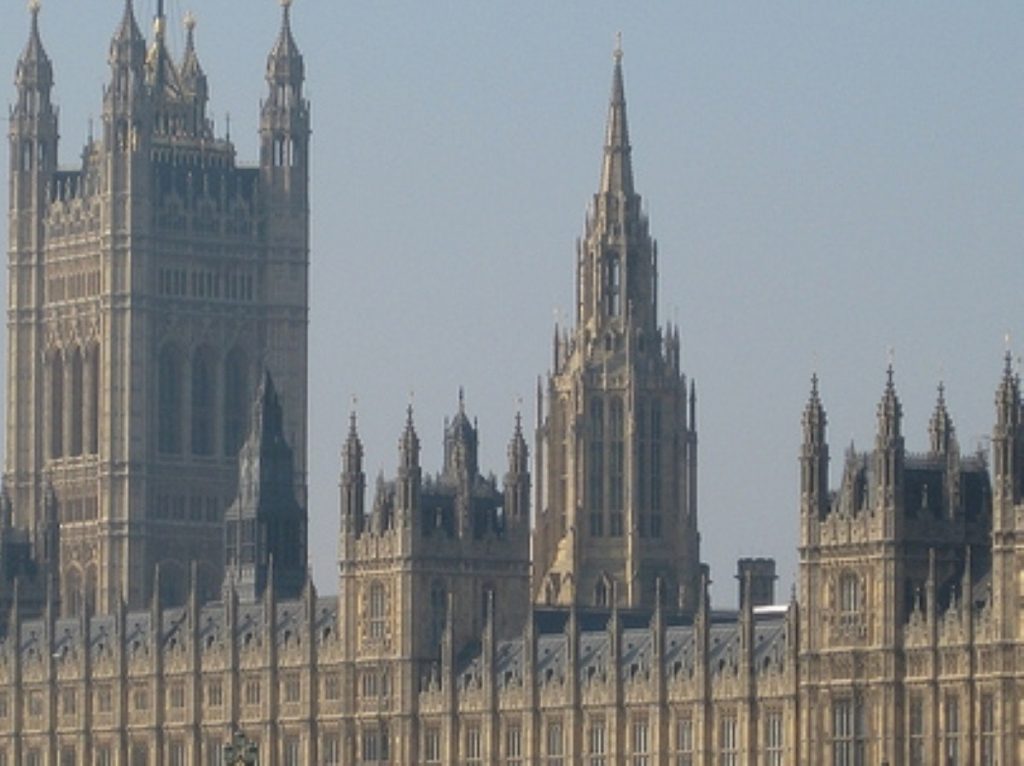Wading through the Lords reform quagmire
The likelihood of the coalition succeeding in its bid to reform parliament's upper House, by making it an either 80% or 100% elected chamber, continues to dwindle this autumn. Experts and constitutional reform minister Mark Harper have been taking it in turns to give evidence to an unwieldy oversized committee of peers and MPs on Nick Clegg's initial proposals.
The House of Lords reform bill is still in draft stage, meaning it still hasn't actually started its formal progress through the parliamentary lawmaking machine. But this is an essential, unavoidable part of the process: this kind of constitutional change requires extensive scrutiny so it can be improved as far as possible.
Unfortunately, doing so increases the risk it will get bogged down in the process. The membership of the committee, divided between recalcitrant peers and suspicious MPs, is making for a peculiarly unusual dynamic.
Parliamentarians scrutinising the draft legislation are expecting to complete their report by February at the earliest. These things tend to slip, so it could be much later.


They're having to wade through a lot of detail. It turns out fundamentally reforming one of the Houses of Parliament brings up quite a few unexpected questions, including Lords' pay and pensions; transitional arrangements; a statutory appointments commission; the size of the House; etc, etc. That's even before you get started on the electoral system to be used (remember the ruckus that caused earlier this year?). Beyond that, the most important question of all has to be addressed: as the committee itself puts it in its terms of reference, "the means of ensuring continued primacy of the House of Commons under any new arrangements".
Tricky stuff. No wonder no one's managed to reform the Lords in the century that's passed since the Parliament Act. And no wonder, too, that more and more insiders are doubting the coalition's ability to change that now.
— By Alex Stevenson Follow @alex__stevenson









